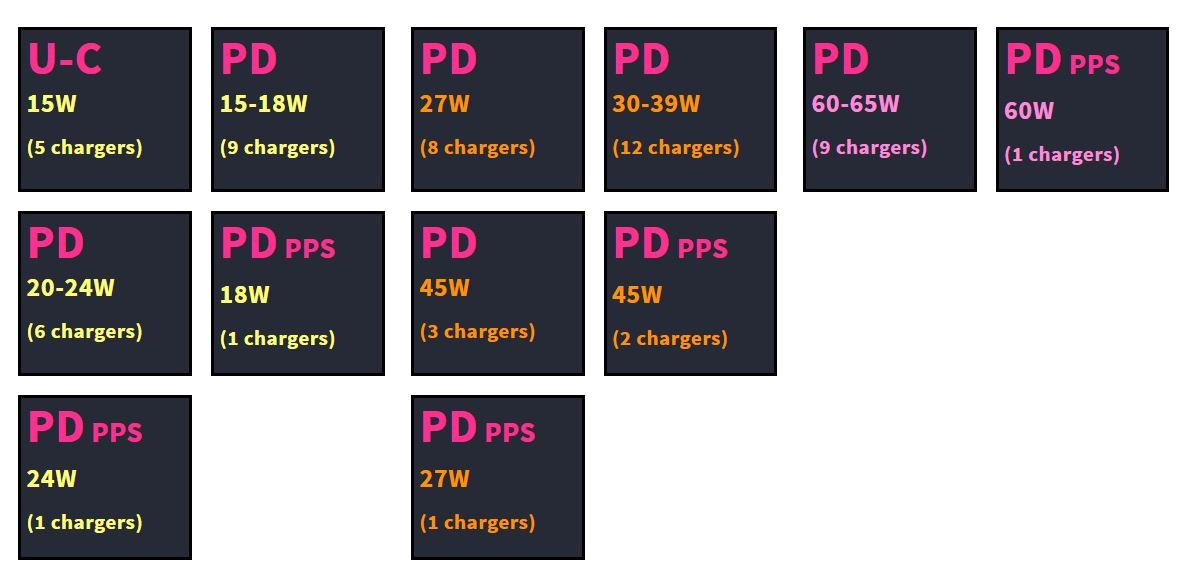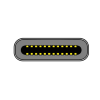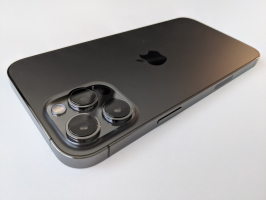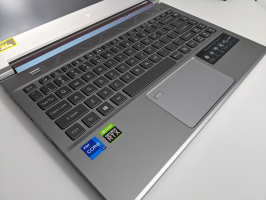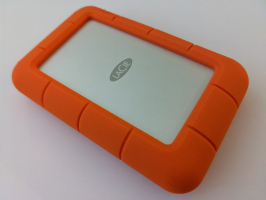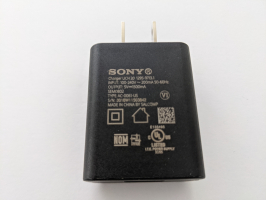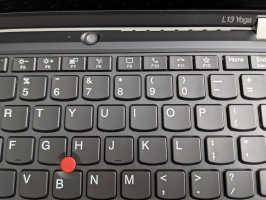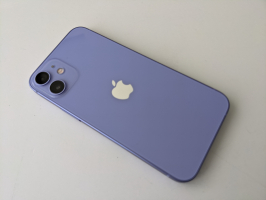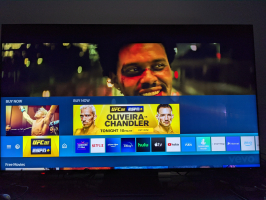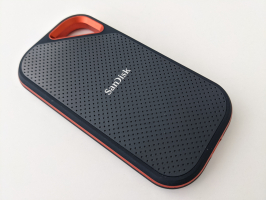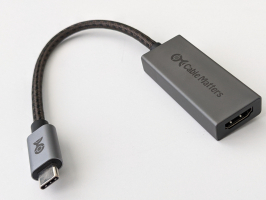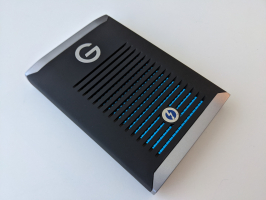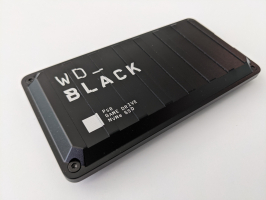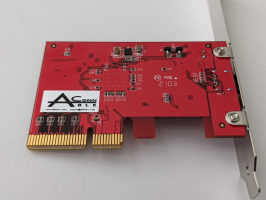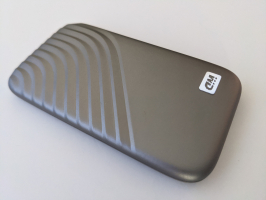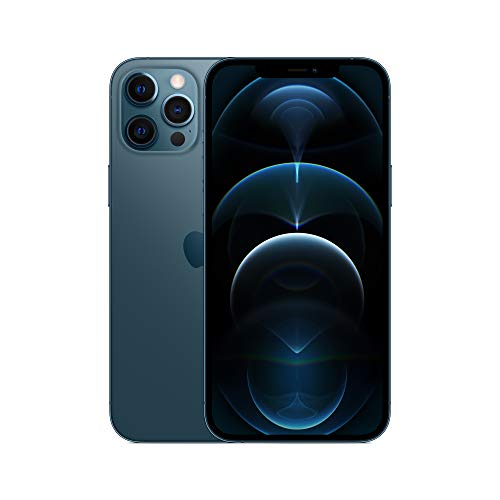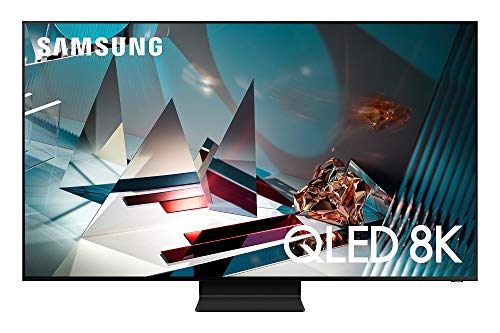6
High Trust ProductsChargers and Power Banks
Headphone & Speakers
Cases & Covers
Virtual Reality
Cables & Adapters
Media Player
Laptop
Tablet
Desktop
Cell Phone
Printers & Copiers
Memory Cards
TV
Computer Display
Game Console
Smart Home
Wearable Technology
Photo & Video Camera
Car Electronics
Car
Networking Equipment
Smart Toys
Home Audio & Video
Professional & Industrial
Storage Drive
Docking Station
Game Console Controllers
Set-top box
Keyboard, Mice, & Stylus
Portable Music Player
Computer Parts & Components
Cordless & Speakerphones
Projector
Software
Reporting
Maxiboost
by Kickmaker









Select a product category to see which devices type we recommend to use with the Maxiboost:

USB Power Delivery
Earlier USB charging delivers no more than 7.5 watts allowed from USB Battery Charging 1.2 spec which provides a decent level of charging but certainly not to the level that would be considered needing for rapid charging nowadays. With the newer USB Power Delivery spec, upstream devices such as notebook PC's are able to draw higher power to charge faster, which similarly also applies for downstream devices including tablets and phones.
The USB Power Delivery Specification Revision 1.0 was first introduced to support the following power profiles up to 100W for charging using 5V, 12V, and 20V voltage levels:
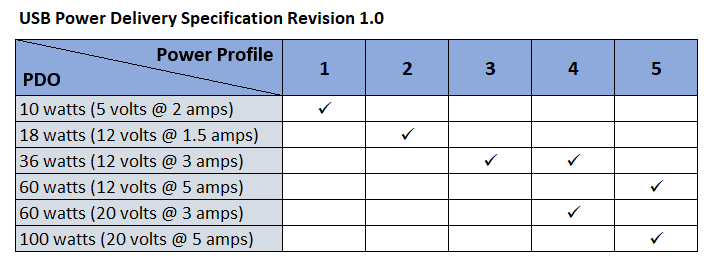
However, the USB Power Delivery Specification Revision 1.0 was never successfully adopted by the industry. By comparison, the newer USB Power Delivery Specification Revision 2.0 and the USB Power Delivery Specification Revision 3.0 have enjoyed outstanding success in PC's, tablets, and smartphones. Both these specs support power charging over the current USB Type-C cable and connector, using the below existing power protocol:

Nowadays many cables and peripherals that are available in the market offer support for USB Power Delivery technology. These include USB Power Delivery enabled USB Type-C cables, power chargers, display monitors, and docking stations to be used with recent USB Power Delivery based devices. In fact, certain chargers that now support the latest programmable power supply (PPS) protocol implemented in USB Power Delivery 3.0 for charging such as the AUKEY PA-Y10 Amp PD 3.0 USB-C Wall Charger and the Razer 24W Charger accessory of the Razer Phone.
Click here to explore the list of products that support USB Power Delivery along with related reviews and compatibility info.
View Full Article
Featured Products
 GTrusted
GTrusted
